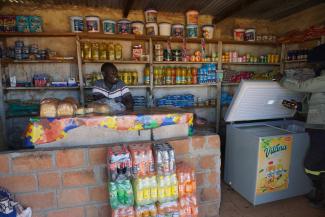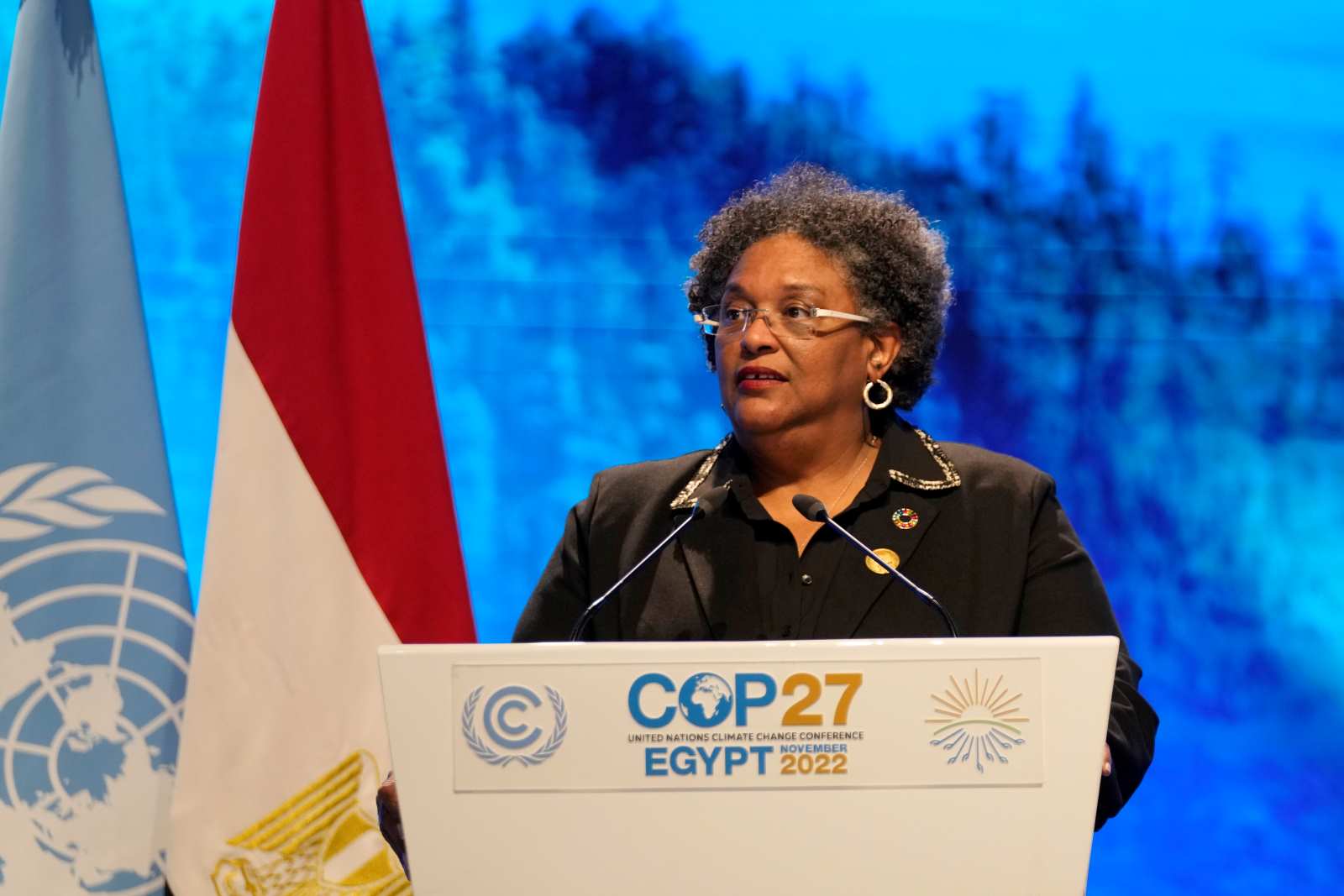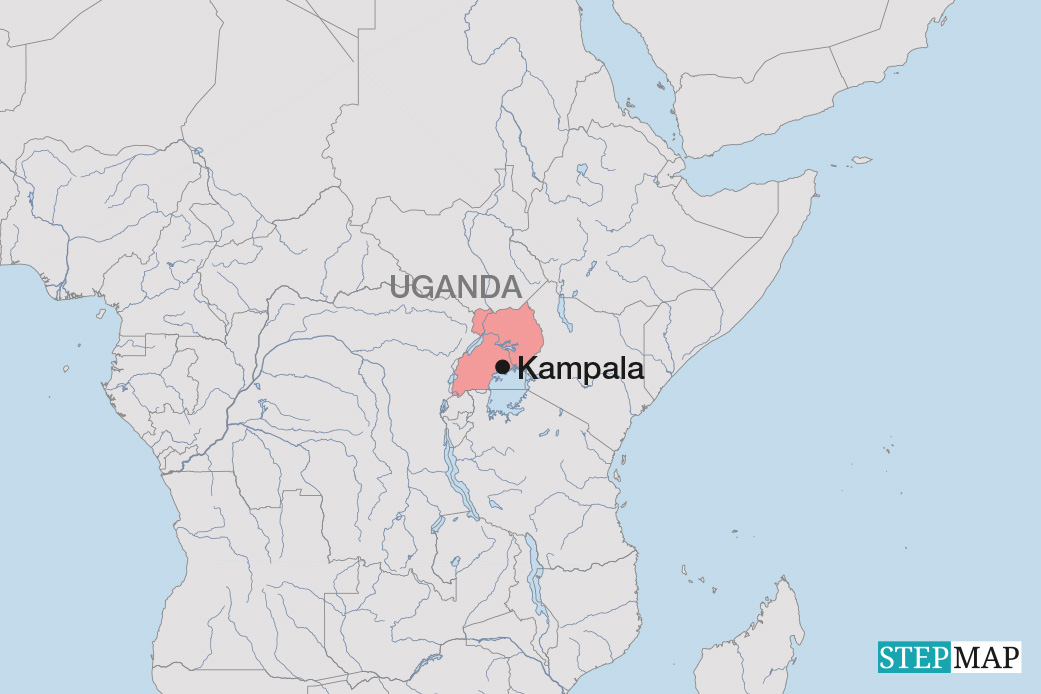Climate crisis
Drought means national disaster in Zambia

The availability of sustainable energy is key for driving development, since electric power is a prerequisite for important economic objectives. Zambia’s government has been making efforts to provide access to everyone, but much remains to be done. The national average access rate is only 31 %. The figure for urban areas is 67 %, but only four percent in rural ones. According to the governmental Zambia Development Agency (ZDA), electricity demand is growing by an annual three percent.
By the end of June last year, Zambia’s national electricity capacity stood at slightly above 3800 MW. That was not quite 15 % more than 12 months earlier. The increase was due to new power generation facilities.
Hydropower is of crucial relevance in Zambia, accounting for about 83 % of generation capacity. However, drought reduces those capacities. At this point, we have eight hours of load-shedding every day. Moreover, the Zambian Electricity Company is forecast to lose revenues worth the equivalent of $ 35 million.
Failing electricity supply can start a domino effect in the economy. Many businesses are set to experience significant disruption of their operations. Power outages interrupt production and diminish productivity. Some businesses will have to incur additional costs to sustain operations, for example, when they buy fuel for small-scale generators.
Food price inflation
The cost of living is set to increase across the nation moreover, not least because the drought is hurting farms. Food becomes more expensive when less food is produced. The staple crop, maize, is of particular concern. Rising prices strain household budgets, especially for low-income families. Their food security is at risk and poverty is getting worse.
At the same time, Zambia’s debt situation remains difficult in spite of the reforms undertaken by the government. Its compromise with creditors means important payments have been postponed and interest rates reduced. That means that immediate debt services have declined by about 40 %, creating more fiscal space. That enhanced space is nonetheless still too small in view of the harsh ecological crisis the country is suffering. Whether macroeconomic objectives are attainable is uncertain.
There is a need to prioritise renewable energy investments to diversify the energy portfolio and reduce reliance on large-scale hydropower. Further urgent tasks include strengthening climate resilience and promoting sustainable agriculture.
Over the past decade, climate change and its impacts have gained increasing global attention. Indeed, the environmental challenge is undermining economies and threatening global stability. Nations must re-evaluate their roles in mitigating the impacts and adapting to them.
Zambia has made efforts to rise to the challenges of climate change. This is evident, for instance, in the adoption of the Nationally Determined Contributions (NDCs) and the implementation of the National Adaptation Plan (NAP), as required by the Paris Agreement of 2015. Fiscal bottlenecks, however, are slowing down climate action.
Zambia has not caused the climate crisis. Our nation deserves support for dealing with its impacts.
Charles Chinanda is a recent graduate of economics from Zambia’s Copperbelt University.
charliechinanda@gmail.com
Hamlet Mukuwe is an electrical engineer and analyst.
hamletmukuwe98@gmail.com














